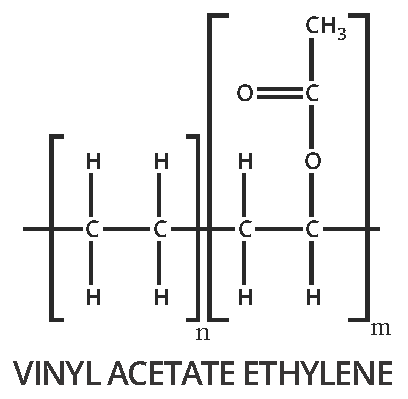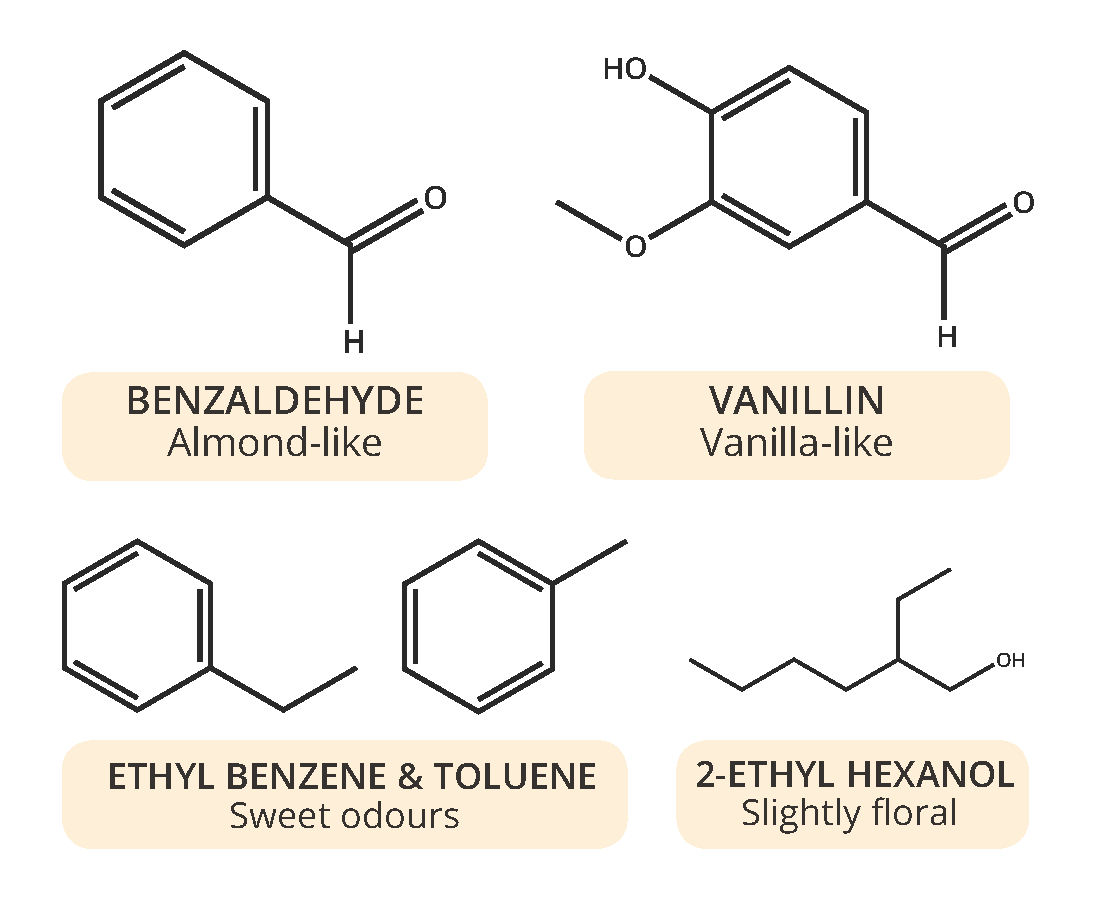Are you a Bibliophile, someone who loves books? If you are you’ll know the joy of buying, collecting, owning, (smelling?), touching and of course reading these textual marvels. As a bibliophile, is one of your favourite pecadillos the scent of a new book or the musky thrill of an old books smell? In this article we look at the chemistry behind that guilty little pleasure otherwise known as Bibliosmia
What is Causing the Smell?
Generally speaking, it is the chemical breakdown of compounds within paper that leads to the production of ‘old book smell
Paper contains, amongst other chemicals, cellulose, and smaller amounts of lignin – much less in more modern books than in books from more than 100 years ago. Both of these originate from the trees the paper was made from; finer papers will contain much less lignin than, for example, newsprint. In trees, lignin helps bind cellulose fibres together, keeping the wood stiff; it’s also responsible for old paper’s yellowing with age, as oxidation reactions cause it to break down into acids, which then help break down the cellulose.
So – in a nutshell ‘Old book smell’ is derived from this chemical degradation. Modern, high quality papers will undergo chemical processing to remove lignin, but breakdown of cellulose in the paper can still occur (albeit at a much slower rate) due to the presence of acids in the surroundings. These reactions, referred to generally as ‘acid hydrolysis’, produce a wide range of volatile organic compounds, many of which are likely to contribute to the smell of old books.
Below we highlight a selected number of compounds that are key contributors to that lovely heady smell.
Book Chemical Factoids
NEW BOOK SMELL : Adhesives

Modern day book binding adhesives are often based on ‘co-polymers’ such as that shown here. Some VOCs may originate from these compounds
NEW BOOK SMELL : Paper & Ink

In the paper-making process, the paper is treated with a variety of chemicals, to achieve desired properties. Some of these chemicals could contribute to the release of VOCs. Additionally, petrochemicals used as solvents for inks can also contribute.
IN SHORT :
No single chemical causes the odour of books. It’s a result of a complex mix of volatile chemicals produced by chemicals used in their manufacture, as well as the gradual degradation of the chemicals within the paper.






You must be logged in to post a comment.